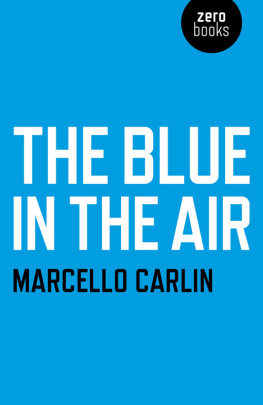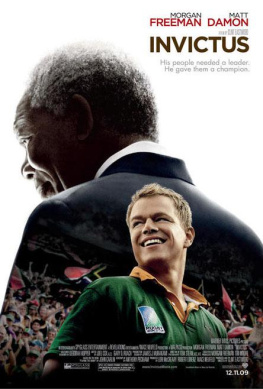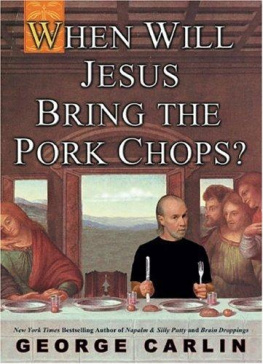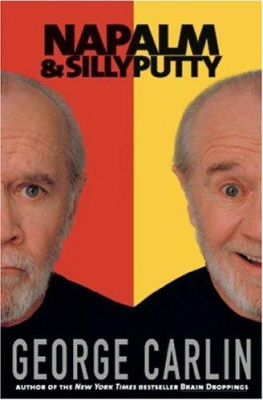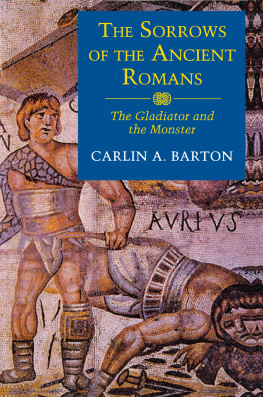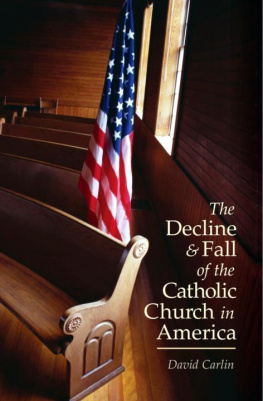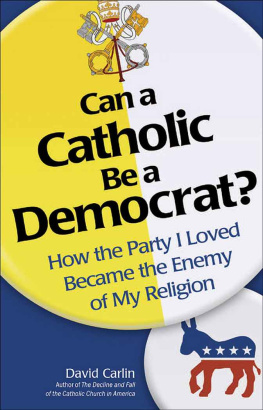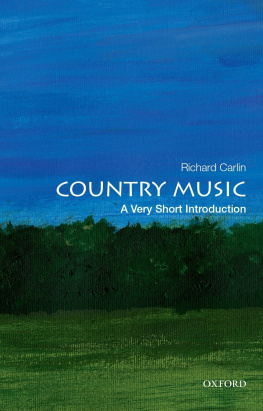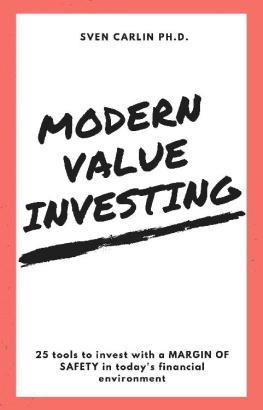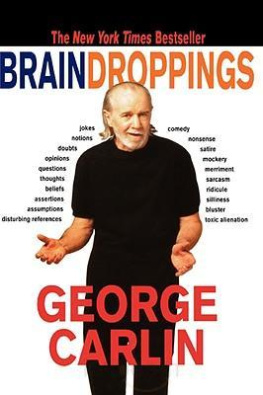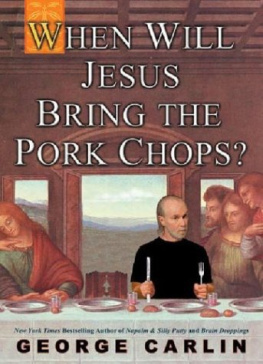Carlin - The Blue in the Air
Here you can read online Carlin - The Blue in the Air full text of the book (entire story) in english for free. Download pdf and epub, get meaning, cover and reviews about this ebook. City: Ropley, Hants, U.K, year: 2011, publisher: Zero Books;O-Books, genre: Non-fiction. Description of the work, (preface) as well as reviews are available. Best literature library LitArk.com created for fans of good reading and offers a wide selection of genres:
Romance novel
Science fiction
Adventure
Detective
Science
History
Home and family
Prose
Art
Politics
Computer
Non-fiction
Religion
Business
Children
Humor
Choose a favorite category and find really read worthwhile books. Enjoy immersion in the world of imagination, feel the emotions of the characters or learn something new for yourself, make an fascinating discovery.
- Book:The Blue in the Air
- Author:
- Publisher:Zero Books;O-Books
- Genre:
- Year:2011
- City:Ropley, Hants, U.K
- Rating:5 / 5
- Favourites:Add to favourites
- Your mark:
- 100
- 1
- 2
- 3
- 4
- 5
The Blue in the Air: summary, description and annotation
We offer to read an annotation, description, summary or preface (depends on what the author of the book "The Blue in the Air" wrote himself). If you haven't found the necessary information about the book — write in the comments, we will try to find it.
The Blue in the Air — read online for free the complete book (whole text) full work
Below is the text of the book, divided by pages. System saving the place of the last page read, allows you to conveniently read the book "The Blue in the Air" online for free, without having to search again every time where you left off. Put a bookmark, and you can go to the page where you finished reading at any time.
Font size:
Interval:
Bookmark:
Contemporary culture has eliminated both the concept of the
public and the figure of the intellectual. Former public spaces
-both physical and cultural are now either derelict or colonized
by advertising. A cretinous anti-intellectualism presides,
cheerled by expensively educated hacks in the pay of
multinational corporations who reassure their bored readers
that there is no need to rouse themselves from their interpassive
stupor. The informal censorship internalized and propagated by
the cultural workers of late capitalism generates a banal
conformity that the propaganda chiefs of Stalinism could only
ever have dreamt of imposing. Zer0 Books knows that another
kind of discourse intellectual without being academic, popular
without being populist is not only possible: it is already
flourishing, in the regions beyond the striplit malls of so-called
mass media and the neurotically bureaucratic halls of the
academy. Zer0 is committed to the idea of publishing as a
making public of the intellectual. It is convinced that in
the unthinking, blandly consensual culture in which we live,
critical and engaged theoretical reflection is more important
than ever before.
17 September 2007
The sui generis Sir Cliff Richard being automatically discounted, Marty Wilde has to qualify as the most durable and consistently adventurous survivor of the first Britpop boom of the late fifties and as an active songwriter and producer as well as a singer, may well outdo Cliff. In the early seventies, while the latter was occupied making God-pestering anthems for the Festival of Light, Wilde was heroically attempting to hitch a ride in the glam carriage under the pseudonym of Zappo before turning his attention to writing for and producing son Ricky and his extraordinary, if brief, run of squalling teen anthems on the UK label (most notably 1974s gloriously cacophonic Teen Wave) and then of course his elder daughter Kim grew up, and both father and son collaborated in creating that exceptional run of meta-hits, so spellbinding that you could almost believe that a place called East California existed.
Getting there, however, was a struggle. Cliff apart, all of the fifties idols suffered to a greater and lesser extent in the wake of the Beatles, and Wilde, more than most, faced the inevitable prejudices; even though he grew both hair and beard to form the Wilde Three, giving Justin Hayward his first break, he was still seen as the winsome contralto of a spent era. Undeterred, he developed his songwriting skills and enjoyed his first annus mirabilis in 1968 when, writing under the pseudonym of Frere Manston in collaboration with one Jack Gellar, the real name of Ronnie Scott (a different Ronnie Scott from the late saxophonist and club owner), he scored three top ten hits the Mersey-flowing-into-sunshine pop balladry of the Casuals Jesamine, Lulus Im A Tiger (about which Ms Lawrie felt much the same as she did about Boom-Bang-A-Bang) and Status Quos Ice In The Sun.
Both the Casuals and Quo records suggest a light dripping of post-psychedelia with rich, unexpected chord changes, and much of this also flows into Abergavenny. Released under Wildes own name as a single in 1968 it received considerable radio play in the UK but failed to chart; undeterred, Wilde issued the single in America the following year under the alias of Shannon (and no, he was nothing to do with the Shannon responsible for Let The Music Play, Give Me Tonight, etc., though wouldnt it have been nice if he had been?); it was a fairly big hit in the States and a major hit in Canada, a welcome but surprising achievement considering its inherent Britishness. From its opening fife and drums fanfare to its brooding intro of wobbly fuzztone guitar with acoustic backing, Abergavenny is benign bubblegum with indistinct shadows. Wilde sounds cheerful and eager about Taking a trip (now theres a clue) up to Abergavenny/Hoping the weather is fine before drums and bass enter and the pace accelerates: If you should see a red dog running free/Then you know its mine, followed by an ecstatically descending piano mimicking said dog gleefully trotting downhill before landing squarely on the 4/4 beat. Ive got to get there and fast, sings Wilde as though the real world is too grey to delay his trip, before offering a wink to the listener, or perhaps the square: If you cant go with an exaggerated Terry-Thomas emphasis on the sustained o of that go -then I promise to show you a photograph. In other words, you have to experience the trip in person; as an indirect witness it can only make sense to a certain extent.
As strings caress the lower ground of the middle eight, Wilde offers his extremely 1968 musings about paradise people (who are fine by me) before his own voice drifts in and out of fuzzy warp as he licks the ice cream concept of Sunshine forever/Lovely weather before raising an eyebrow Dont you wish you could beeeeeee..../TAKING a TRIP up to Abergavenny? In order to release the escalating tension he gives his best Butlins redcoat prompt of Everybody now! as a brass band (plus marching band glockenspiel) parps its way into the song; not quite a summer village fete but also not quite the bierkeller pop which its pedigree might initially suggest, and by bierkeller pop Im thinking of things like Chris Andrews To Whom It Concerns (the instrumental backing track of which became much better known as the theme to Irish televisions The Late, Late Show) and the Dave Clark Fives Red Balloon a genre which subsequently flourished only in Eurovision and the later hits of Peters and Lee.
A much more relevant source of inspiration may well have been Jack Nitzsches stoned charts for the Turtles Shed Rather Be With Me a number four hit at the height of the British Summer of Love and as a British (or English, even though the subject matter is Welsh) equivalent Abergavenny sparkles with marveling effervescence. The record climaxes with celebratory unisons and subtle dislocation, Wilde still mocking the Old Guard with his A leetle photo-GRAPH! as the parade passes out of earshot towards their own nirvana, Wildes closing la la cries sounding not that far removed from Francis Rossi. Reissued on CD only recently, after being absent from British circulation for nearly forty years, listening to it conjured up my 1968 with unimaginable rapidity ... and it is easy to discern how such a mischievous spirit in music could go on to be responsible for Chequered Love certainly the journey from Abergavenny to Cambodia is one of the most remarkable of any pop star of his generation. Including Cliffs.
18 September 2007
Ten years previously he had been at number one as the 16-year-old lead singer of Manchester soul octet Sweet Sensation, made famous by the British television talent show New Faces, with Sad Sweet Dreamer. The last Tony Hatch production to date to top the UK charts, the record indeed blends sadness and sweetness in a way that is uniquely British; King sings the song with a passion almost uncomfortable for a would-be child star, even a Moss Side Michael Jackson, against the swirling strings and palais band saxophones which unmistakably nail the single as Pye Records in 1974, with that very characteristic Marble Arch studio echo.
But the fame did not last; after one more hit, the band struggled despite many fine singles (especially Hide Away From The Sun) and after a failed attempt to gain the British nomination for 1977 Eurovision split up. What became of Marcel King in the intervening years is unclear, but in the spring of 1984 he abruptly and unexpectedly re-emerged on Factory Records with the one-off single Reach For Love (FAC 92). Produced by Bernard Sumner, it received enthusiastic, if slightly baffled, notices in the music press but sold minimally, even though it filled the floor of the Haienda regularly; to this day Shaun Ryder regards it as the best record Factory ever released. King more or less vanished again until his death in 1995 from a brain haemorrhage, aged just 38. Two years later his son Zeus was shot dead in a drug feud; he was nineteen.
Next pageFont size:
Interval:
Bookmark:
Similar books «The Blue in the Air»
Look at similar books to The Blue in the Air. We have selected literature similar in name and meaning in the hope of providing readers with more options to find new, interesting, not yet read works.
Discussion, reviews of the book The Blue in the Air and just readers' own opinions. Leave your comments, write what you think about the work, its meaning or the main characters. Specify what exactly you liked and what you didn't like, and why you think so.

